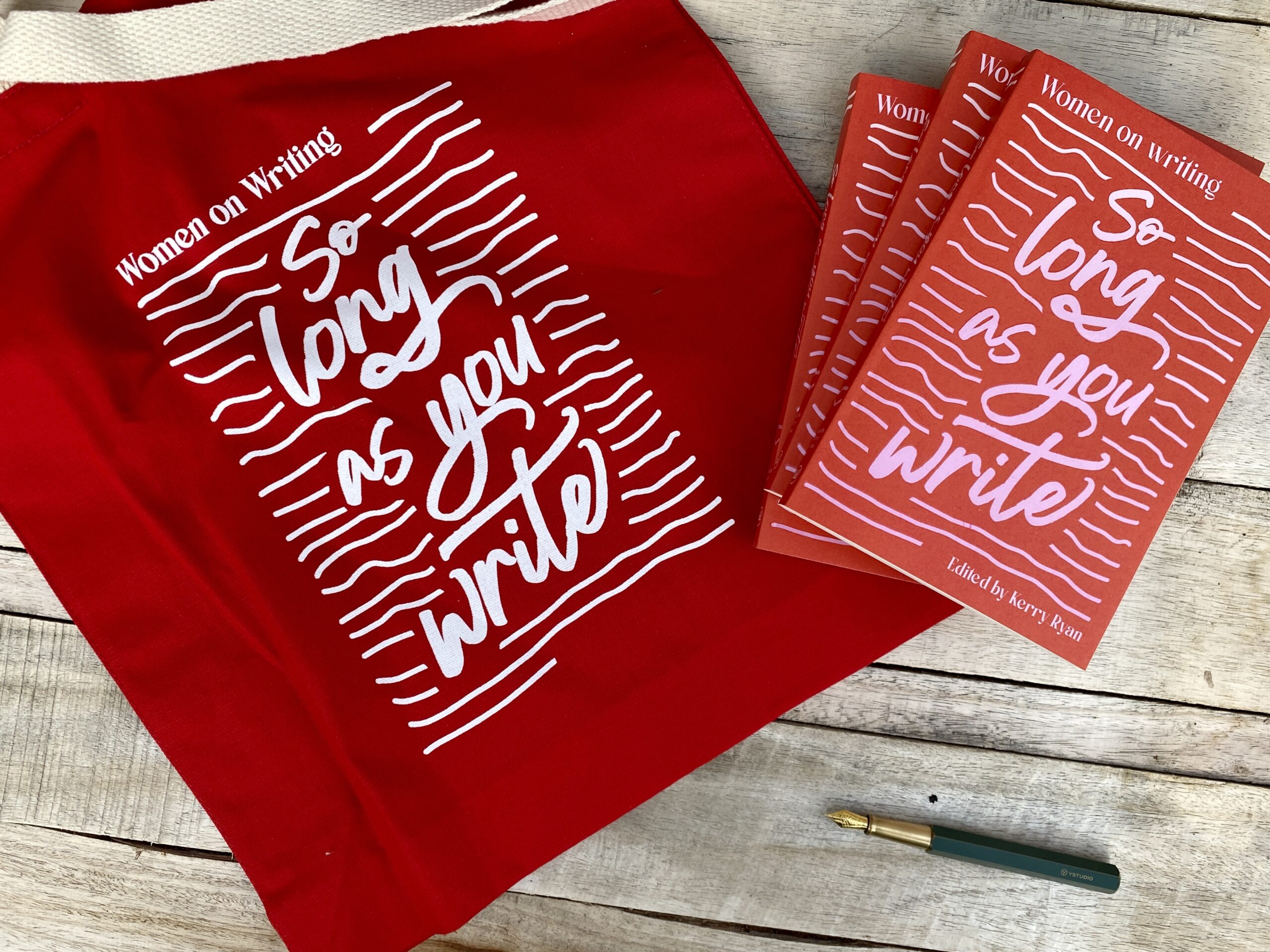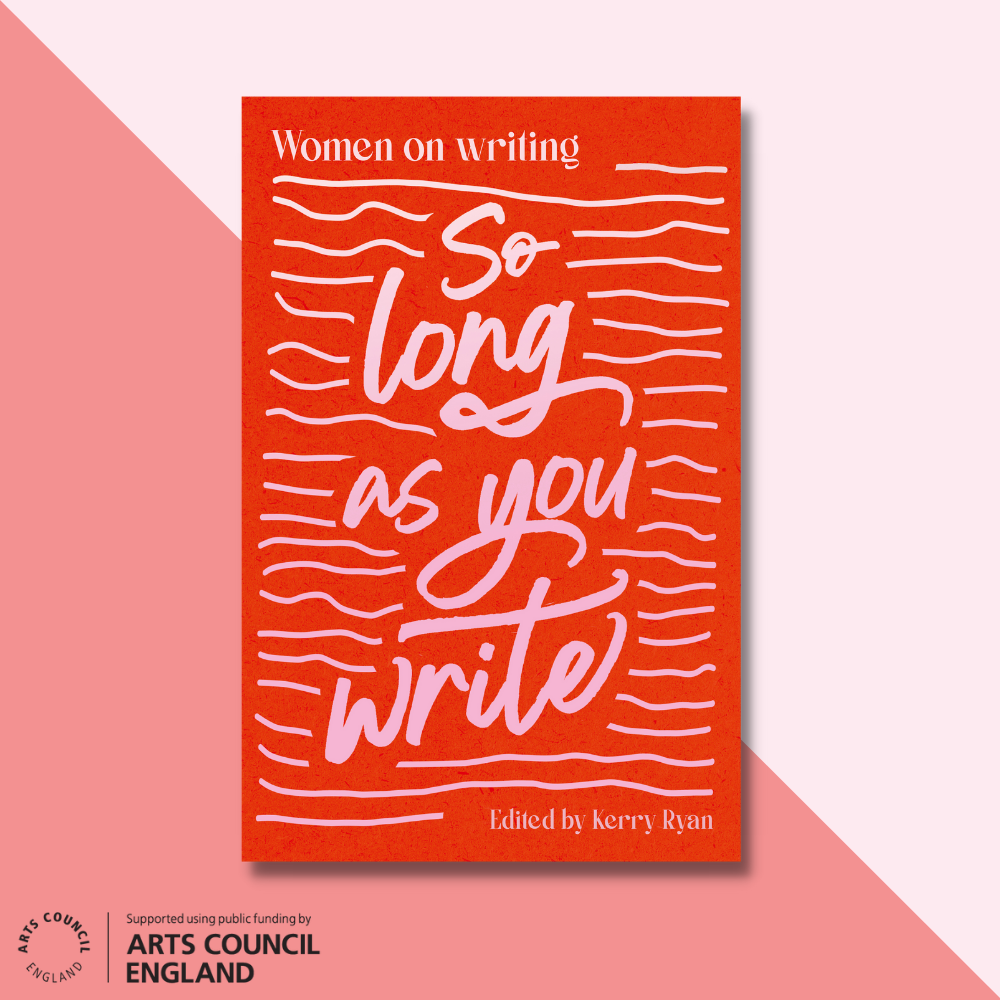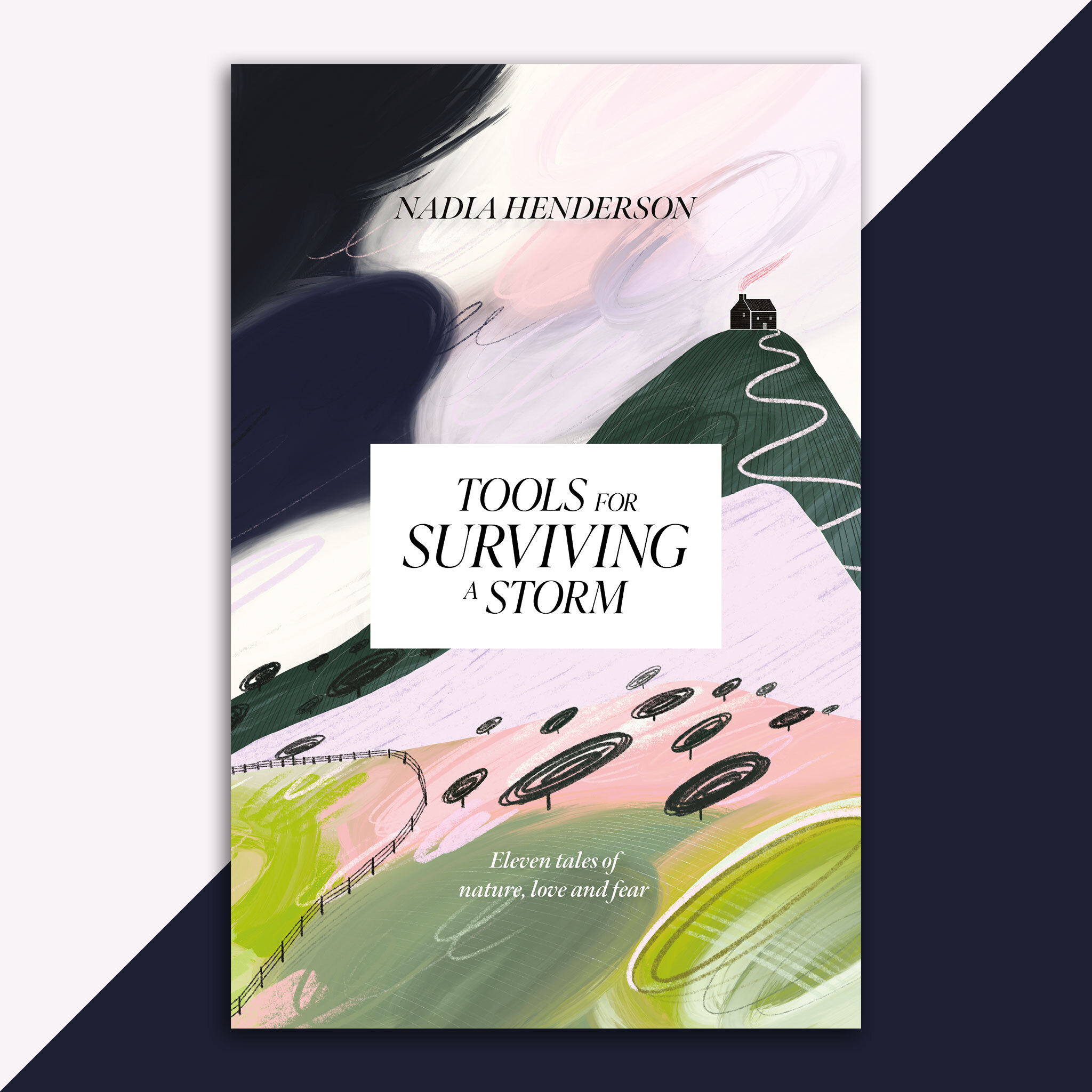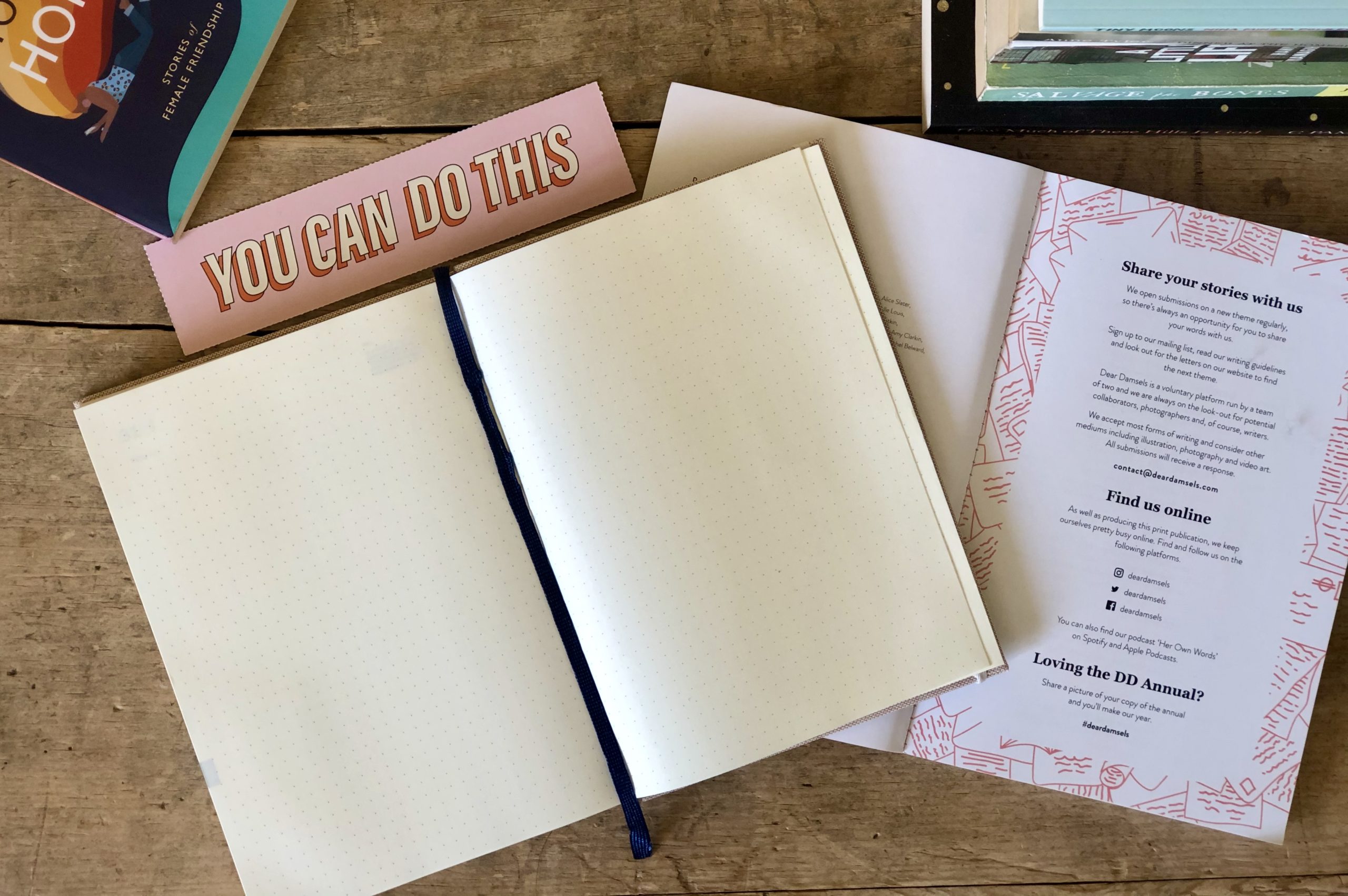MOON, MOON, GOLDEN FUR | Carys Crossen’s character escapes shift work by shapeshifting.
by Carys Crossen
‘I want to speak to the manager!’ the customer declared, her tone that curious mix of steaming rage and smug I-have-you-now triumph peculiar to people trying to get a refund on non-returnable items.
I shrugged and left the counter without a word, ignoring her spluttering. There were three supervisors assigned to every shift, but they were adroit at hiding. By the time I found one of them and persuaded them to fulfil their job description, the customer would be uttering banshee-shrieks and threatening legal action.
And I was only two hours into an eight-hour shift. I had hours to go until my break, until I could read that strange little book I’d bought from that second-hand bookshop near the bus station and escape actuality for a few precious moments.
I ducked backstage – the windowless space behind the shop floor where the staffroom, main office, stock and grubby little toilet were crammed – and after a perfunctory search for the managers, concealed myself among the men’s chinos. Our worst-selling item (barring the acid-green leggings), which meant no-one would find me for a good ten minutes. Assuming they bothered to look.
I crouched down, leant my head against the cool breeze-block wall, and closed my eyes. I was so weary. It was like I was wearing a suit of chainmail, weighing me down. Not physical weariness, really, although being on your feet for eight hours at a stretch was tiresome. No, I was weary of innumerable days doing this. Babying tantrum-throwing customers (the parents are always worse than the kids). Listening to managers drone on about team spirit and sales targets (speech larded with buzz words such as ‘engagement’ and ‘continuous progression’). Tidying the underwear section (a Herculean task? More like Sisyphean. At least Hercules’ labours came to an end).
In fact, the whole situation was Sisyphean. If I didn’t work, I couldn’t pay my share of the rent. Jobs of any description were damn difficult to obtain. And contrary to what the tabloids said about benefits scroungers, what I was entitled to wouldn’t keep your average rabbit alive, let alone a woman with my more-than-healthy appetite.
I wanted to run away.
Instead, I crouched there for a few more minutes, a creature concealing itself from predators in a hidey-hole, before creeping to the double-doors leading into the shop and peering through the thick glass set into them.
The woman was in the throes of a meltdown, shrieking like a flock of starlings as everyone else stared in horrified enjoyment. I sighed and crept away to find one of the managers. At least, I meant to.
As I shuffled past the staffroom, I caught sight of my battered black coat hanging on the rack. That book I’d bought on a whim was sticking out of my pocket, dark blue cover gleaming, the creamy flecks where it was creased and bumped winking like stars.
I didn’t pause to consider. I nipped into the staffroom, grabbed the book and dashed back out into the corridor before the two people seated at the sole table had time to glance up from their phones.
Once I was safely ensconced in the ladies’ room, concealed in the cubicle, I propped myself against the door and opened the book.
It was titled Spells and Bewitchments of Celia Gowdie, Cunning Woman. Collected and edited by Helena Fortune (that had to be a pseudonym). It had caught my fancy because of the subject matter, but also because I shared a name, Celia, with the so-called cunning woman. No publishing house or logo on the cover. Odd.
I flicked through the pages, sometimes pausing when a word or phrase sparked off the page. Windlestraws. Meickle care. Fith fath. A plough of puddocks. Unfamiliar, unknown, untried words. I wondered what they meant.
I wondered what they could do.
I perused the names of some of the spells.
A Charm Against Night-riding Spirits. To cure the King’s Evil. A Charm to Hex an Ill-Wisher – that was tempting. I was dreamily contemplating some of the well-deserved havoc I could wreak on more-than-deserving shoppers when, my fingers made lax by inattention, I let the book fall to the grubby floor.
It didn’t bounce. It flopped to the floor, old worn spine pinning it open at page number 178: A Charm to go into a Hare. It was accompanied by a couple of woodcut illustrations: a woman in a long dress, accompanied by a hare, and another of a hare running beneath a crescent moon.
“I was half-imagining myself a hare already, moving too swiftly to be caught, or even for people to comprehend my presence. A glimpse of something running, a brown streak vanishing into the long grass, and gone forever.”
The name made me think of a bizarre kind of possession: a human spirit, controlling some unfortunate hare. But reading through the charm, it seemed that ‘to go into’ meant turning into one. The spell was straightforward as a Roman road – say a chant three times while concentrating on what you’d look like as a hare. I read the chant with interest.
Moon, moon! Golden fur! Now I shall go into a hare. Melt the bullet, blunt the knife. Let me go forth from toil and strife.
There was a countercharm too, to turn back, though that was shorter: forth I go in the Devil’s name, till I come home again. I idly wondered if you pictured yourself differently – with a different hair colour, taller, a wider mouth – whether you’d turn back as your original self, or the one you imagined.
The sound of the toilet door being flung open whiplashed me out of my daydream, and I flinched, expecting to be hauled out of there by an indignant manager and reprimanded for wasting company time. Fortune favoured me: it was a colleague nipping in for a sneaky chat on her mobile. I held my breath till she’d finished outlining how horrible her boyfriend was being, hung up and departed.
I looked one more time at the book before shoving it into a too-small pocket. Then, I braced myself and dashed for the staff exit. I was half-imagining myself a hare already, moving too swiftly to be caught, or even for people to comprehend my presence. A glimpse of something running, a brown streak vanishing into the long grass, and gone forever.
I buzzed myself out of the staff door, closed it with atypical gentleness and then fled for the darkest corner of the cark park. If I was going to make an idiot of myself, I was going to do it in private. I’d sneak back in and come up with some excuse for my long absence afterwards (‘that time of the month’ perhaps. That always sent the male manager fleeing in terror).
Resolved, I closed my eyes and the car park dissolved into nothingness. I conjured the image of the hare in my mind . . . lanky. Long legs and ears. Golden fur, glinting in the moonlight (I imagined a rather romantic backdrop with a crescent moon in the sky). Eyes . . . the eyes were tricksy. I tried to recall a photo, any photo, I had ever seen of a hare. They didn’t have the soft, doting eyes of a rabbit. No, hares were wide-eyed, wild-eyed, a little crazed . . .
I saw it in my mind. A hare’s eye, staring at me. It was golden, like the hare’s fur, and gazed unflinching and unblinking. As if it were daring me.
I repeated the charm. Moon, moon! Golden fur! Now I shall go into a hare…
Once. Twice.
Third time’s the charm.
It’s hard to explain what happened then. It didn’t hurt. Nothing like the unfortunate werewolves in the horror films: no snapping of bones or rending of flesh. I lost sensation in my arms, my legs, my torso, my neck for a few moments. It was as though my skin and bones were being stripped away and I was being pared back, shrunk down to the burning red core of myself, where everything important lived and throbbed. The world tilted, and I felt myself sliding, and even though I had my eyes closed, I saw the world glowing with moonlight.
When the glow faded and the world righted itself, I opened my eyes.
I almost regretted it, for my head and ears were crammed with mad new sensations and sounds. Cars, footsteps, the flutter of pigeons’ wings and the unmusical cheep of sparrows, snatches of conversations about football, the weather, horoscopes, holidays to Mallorca, someone’s lousy sex life…
The smells were chokingly artificial. The stink of exhaust fumes, the dampness of concrete, the tang of the metal barriers, the grease of discarded takeaways and the lingering smell of weed, oddly reminiscent of ready salted crisps. I wanted to get away. I had to get away.
Footsteps sounded nearby. I fled.
Someone swore in shock as I sprinted past them. I didn’t pause, just ran, ran so fast the scenery on either side blurred. The world fell away again, my long legs carrying me away faster than any human could run. Or any cat, or even most dogs.
I saw the low wall that marked the car park boundary. One leap, and I was free.
Or almost free. I was still in the centre of town, but some instinct – or perhaps it was the Devil – told me which way to run. I turned and ran along the pavement, careful of the metal monstrosities churning their way to who-knows and no-one-cares. The moon hung low and swollen in the sky and illuminated the glimpses of myself I saw in the puddles and shop windows as I sped past.
Long ears and legs. Golden fur. Wide-eyed. Wild-eyed.
I had gone into a hare.
I kept on running. I may have been going forth in the Devil’s name, but the speed, the strength, the freedom, made it seem worth the risk. I could go back, go home again – but I wasn’t minded to. Not yet. I would run to the countryside, go racing through the fields and scrubland, spend a rapt hour or two staring at the moon, indulge in a little boxing if I found another hare to oblige (or disoblige) me.
And there would be no customers to pander to, no thrice-damned jumpers to fold, no being bored out of my brain. I’d have a multitude of excuses to make, when I went home, but I’d worry about that when I came to it. I’d be a hare. I’d live in the moment. Focus on survival. I had to survive every shift in that bloody shop. I’d survive this shift too.
Thank you, Celia Gowdie, I thought, and ran on into the night.
Carys Crossen | @AcademicWannabe
Carys Crossen has been writing stories since she was nine years old and shows no signs of stopping. Her fiction has been published by Mother’s Milk Books, Cauldron Anthology, Twist in Time Magazine, Honey and Lime Lit and others, and her monograph ‘The Nature of the Beast’ is available from University of Wales Press. She lives in Manchester UK with her husband.






